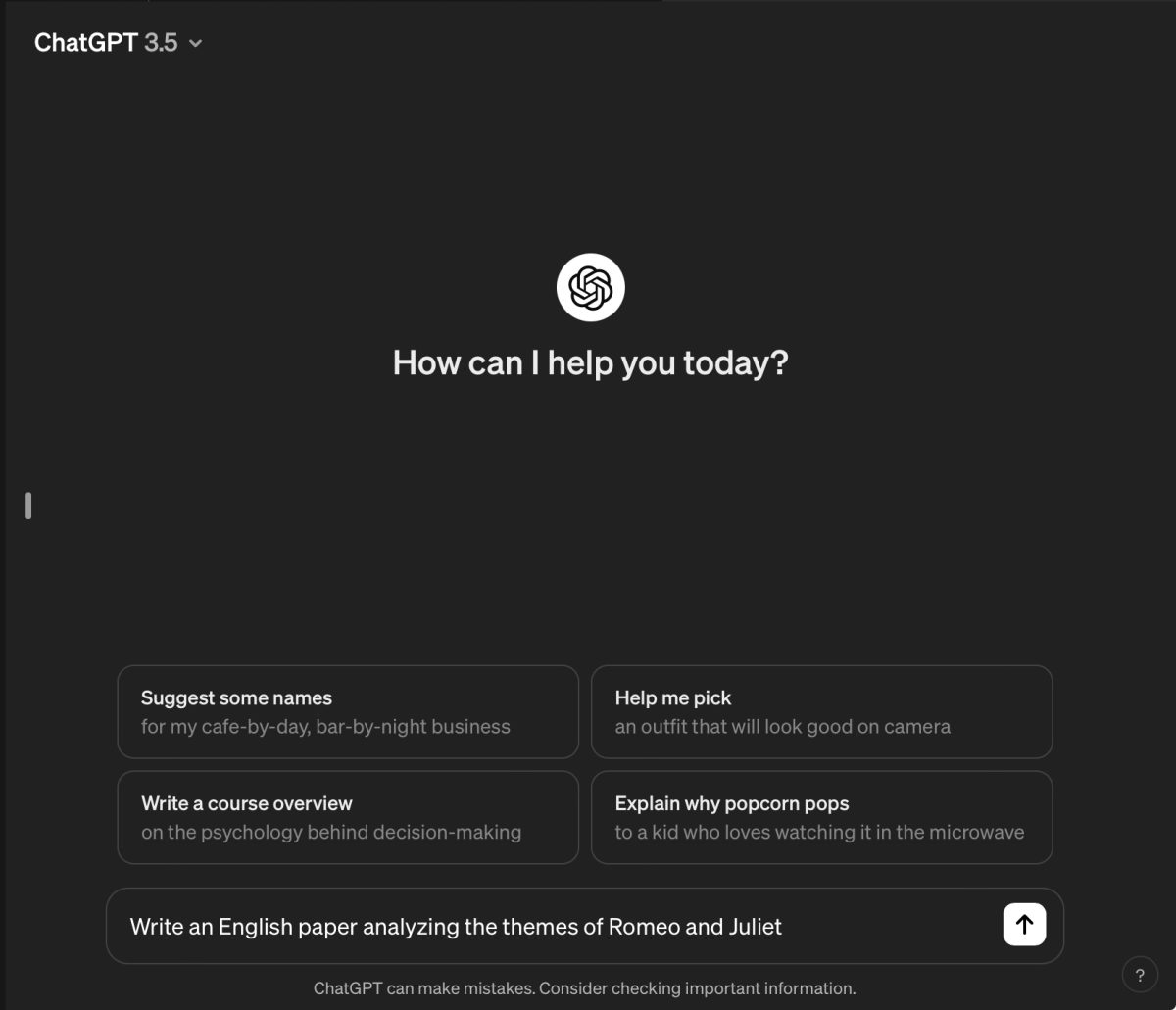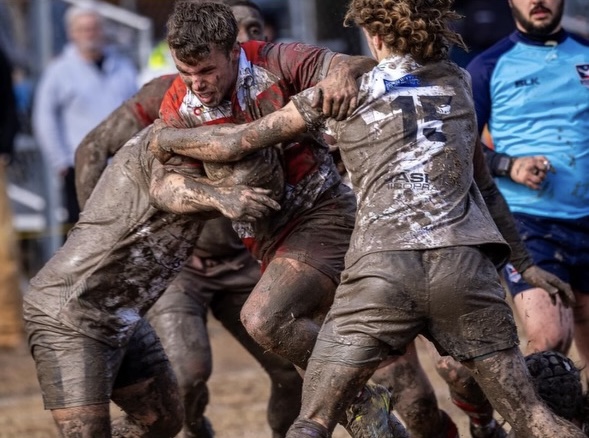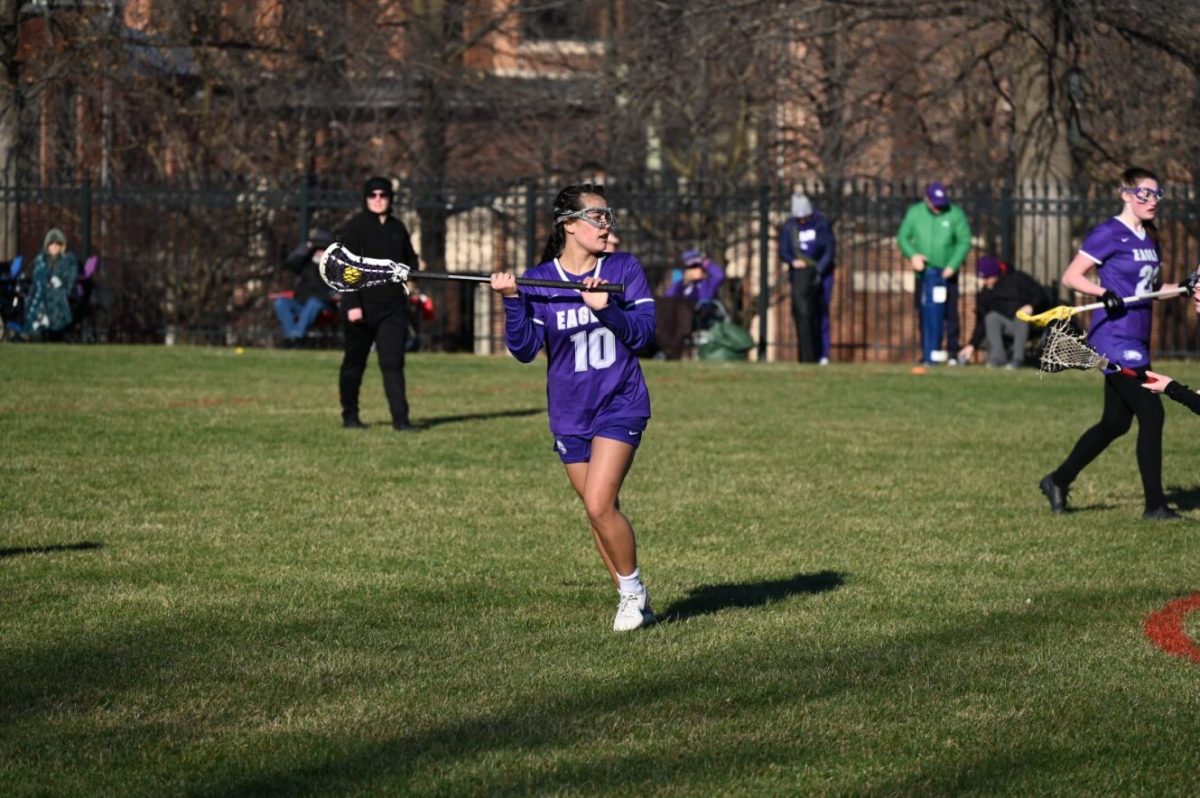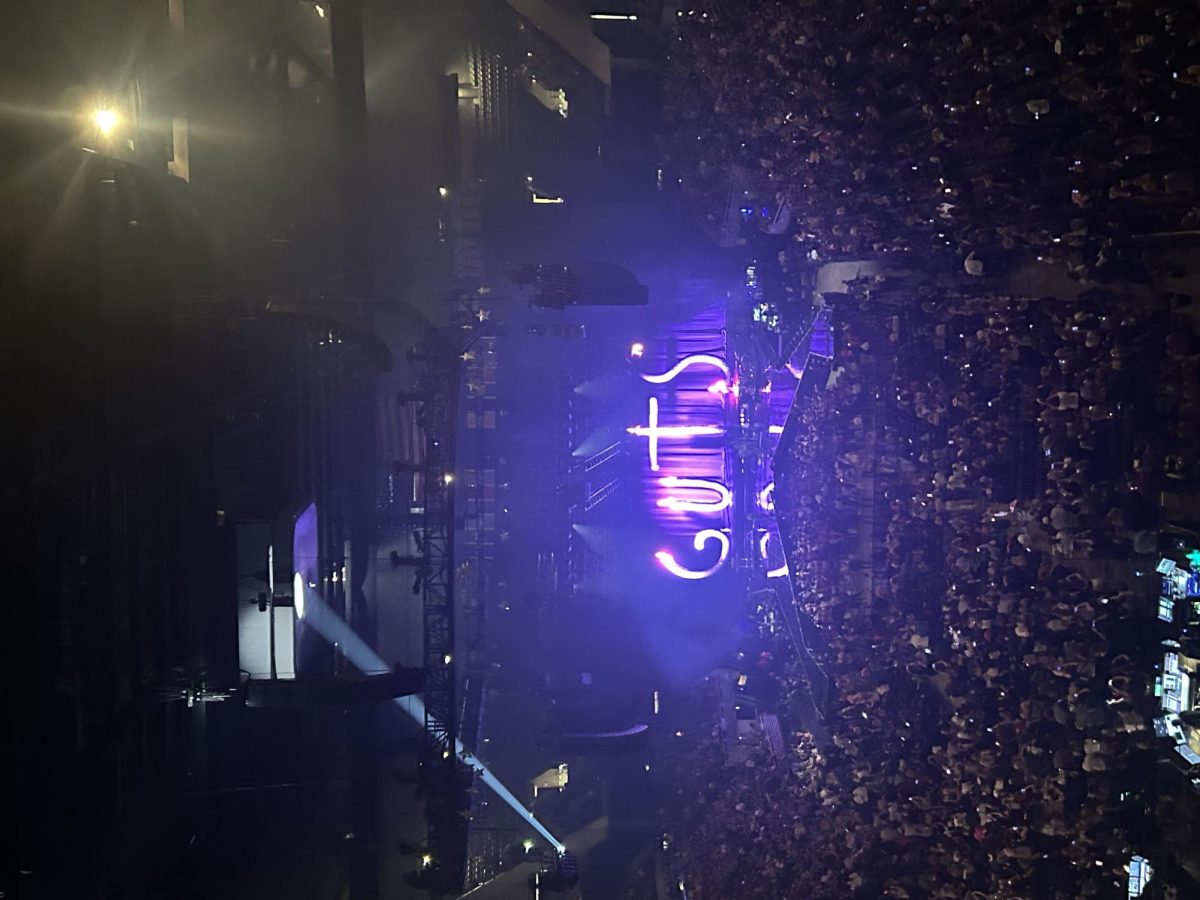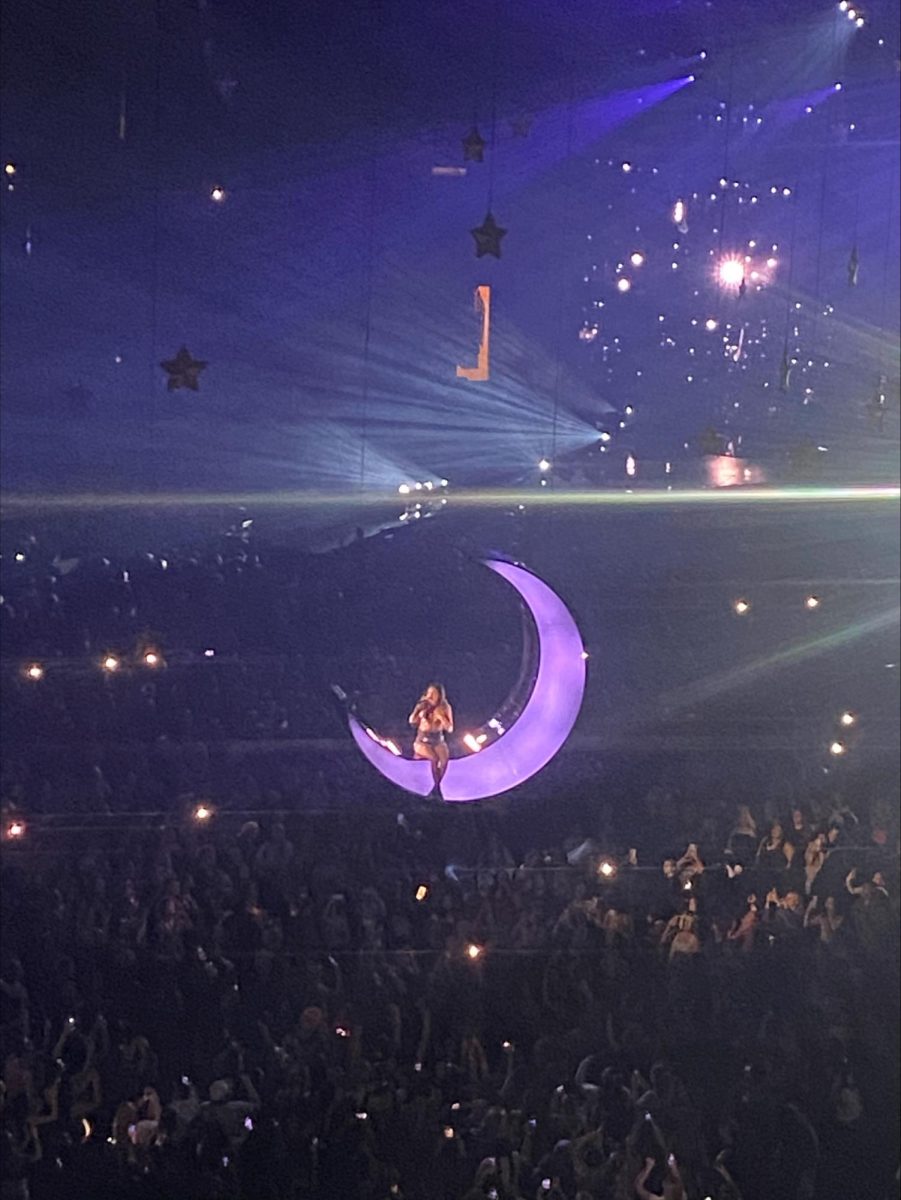How to stop Putin
The Russian invasion of Ukraine has left many Americans feeling hopeless and helpless. According to the UN Refugee Agency, there are at least 160,000 internally displaced people within Ukraine and over 2 million Ukrainians have fled to neighboring countries. As Russia continues to bombard the country, there are still things that the United States can do to help prevent Russia from taking all of Ukraine, while making sure those responsible for the war are the ones held accountable.
Firstly, it must be established who shall be held accountable for the war in Ukraine. The bearing of that weight falls on one man, President Vladimir V. Putin of Russia. Putin’s justification of the conflict to the Russian people has been riddled with lies and fallacy, including but not limited to his so-called attempt to “de-Nazify” Ukraine and his constant spread of misinformation about militarization from the state. It is easy to see through Putin’s thinly veiled attempt at forcing Ukraine into Russia’s sphere of influence.
What exactly can be done to hold Putin accountable? There are many policy actions besides more sanctions that could have a large negative effect on Putin. The first option is a visa ban on Putin, his inner circle, Russian oligarchs, and Russian government officials. Just Security, a foreign policy think-tank, explains that “Restrictions on travel will be much more effective if implemented as broadly as possible across jurisdictions where the targeted individuals seek to travel or reside.” If the United States is able to form a coalition of countries willing to put a ban like this in place, it would seriously increase pressure on Putin from his oligarchs to slow or stop his military presence in Ukraine.
Political Scientist Jasmin Mujanović suggests that pressure from international organizations, like the United Nations, will help to punish Russia and perhaps to deter further Russian advance. Russia was recently suspended from the Council of Europe, which Mujanović says will “remove significant Russian influence from a key pan-European democratic forum.” Although it is unlikely that there will be any success in an effort to suspend or remove Russia from the United Nations, diplomatic pressure from many sides could cause Russia’s influence in the international community to crack just enough.
It is important to investigate monetary options that the US can take besides sanctions to ensure that Russia is held responsible for the cost of war. The US and likeminded countries could take Russian foreign exchange reserves held in central banks within countries who have frozen these accounts. Russia’s central bank explains that there is around $585 billion in Russian foreign currency reserves around the world. Brookings, an American research group, estimates that up to $350 billion of this money is stored in countries where it would be feasible to take this money. Brookings further suggests that this money could be used to pay for war reparations, and that “the fact that many countries already have control over Russia’s holdings of foreign currency means that, in effect, reparations for the Ukrainian invasion have been pre-funded by Russia itself.”
Furthermore, Brookings explains that there is international precedent for an act like this as well. The institution claims that under US law, Russia has committed an ‘international tort’, described as “unprovoked violence, which requires at a minimum that the aggressor pay damages for human suffering, deaths, and property losses.”
Finally, to have the sanctions really mean anything to the Russians, there must be some sort of ultimatum. “If the goal is to compel, then the sanctioners need to be explicit about what Russia can do to get the sanctions lifted,” says Daniel Drenzer, a Tufts University professor. The economic sanctions have been devastating for Russia and the Ruble, which in real terms is worth less than a singular “Fortnite V-Buck” or any bill from the board game “Monopoly.” Putin and his inner circle are not able to access any of their international assets and being isolated to Russia will eventually wear on the oligarchs. Many countries across the world, including the historically neutral Switzerland have imposed sanctions upon Russia. If the US and other countries were to make of demands Putin to end the sanctions, due to the current catapult towards the stalemate, it seems that at some point he would have to comply.
Your donation will support the student journalists of Omaha Central High School. Your contribution will allow us to purchase equipment and cover our annual website hosting costs.

Hi! My name is Charlie (he/him), and I'm a senior. This is my fourth (and final </3) year on staff, and I’m the Co-Editor-in-Chief. I was voted most...

